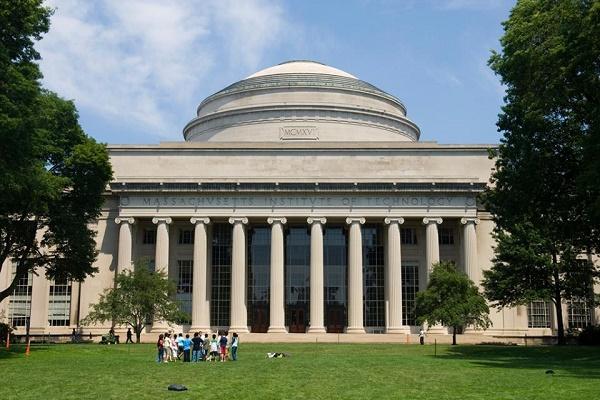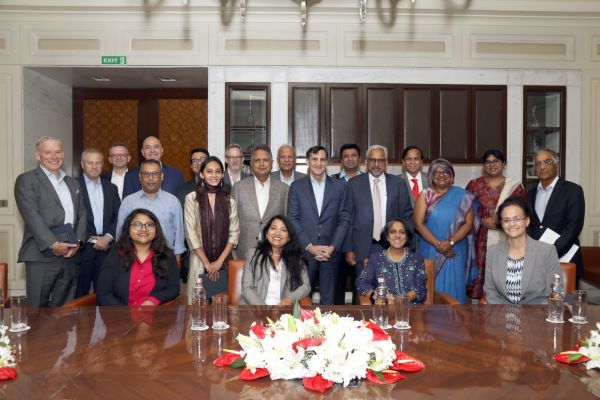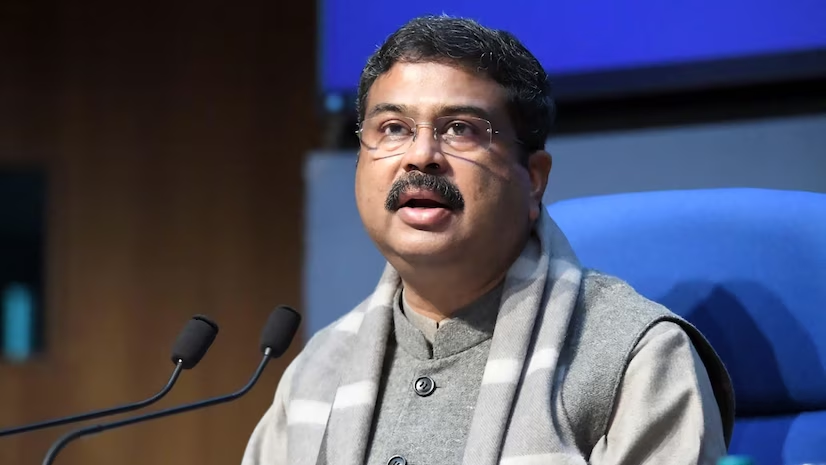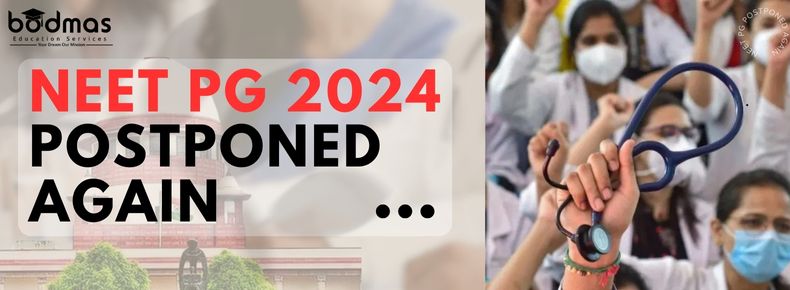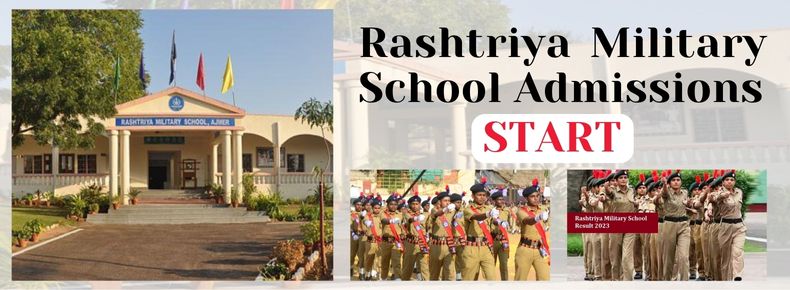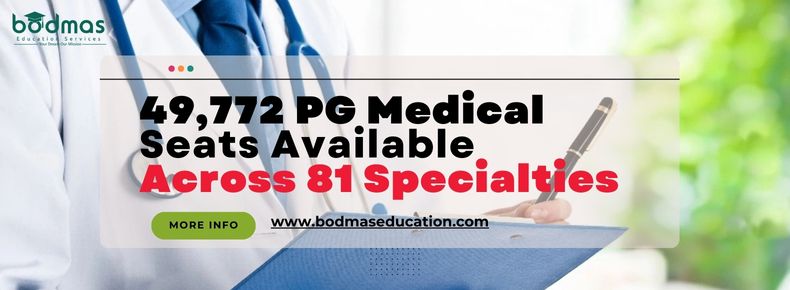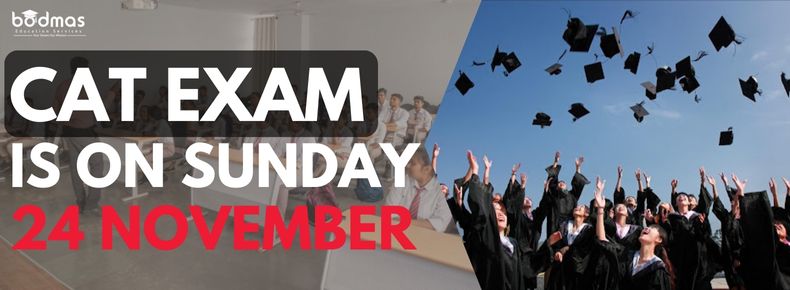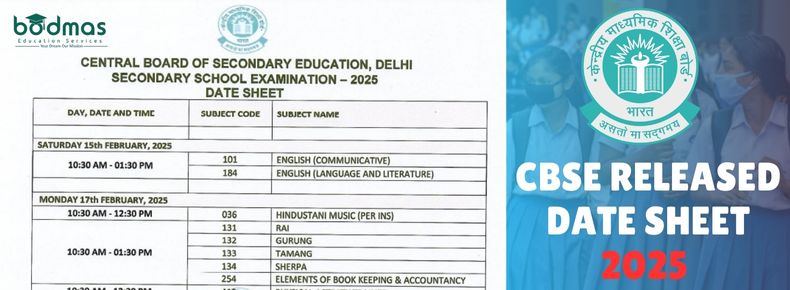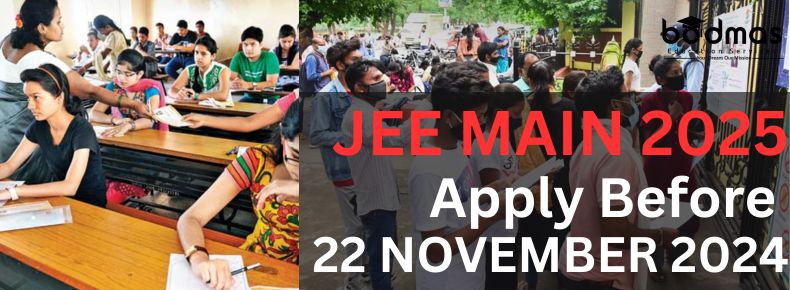Madhya Pradesh Acts Against Fake NRI Documents in Medical Admissions
Fake NRI Documents: In a major development in Madhya Pradesh, the Director of Medical Education (DME) has cancelled the admissions of 97 ineligible candidates who had used fake NRI documents to secure spots in the NRI quota for medical seats.
This action was taken after thorough investigations revealed that these students had submitted fraudulent NRI documents to gain admission to seven medical colleges in the state, including prestigious institutions like Peoples Medical College, Chirayu Medical College, and LN Medical College.
Background of the MP Fake NRI Document Scandal
The MP fake NRI document scam came to light when officials from the Department of Medical Education discovered discrepancies in the NRI status documents of several admitted students.
These candidates had falsely claimed to be Non-Resident Indians (NRIs) or children of NRIs, a category that offers reserved seats in medical colleges in India.
The NRI quota is an attractive option because of the limited number of seats and higher fees, making it a target for unethical practices.
Upon review by seven departmental committees, the fraudulent nature of the documents was confirmed. As a result, the DME cancelled the admissions of 97 students across seven medical colleges in Madhya Pradesh, with immediate effect.
Director of Medical Education
Following the investigation, the DME submitted a detailed report to the Madhya Pradesh High Court, with a hearing scheduled for Wednesday. In the meantime, medical colleges have been instructed to refund the fees paid by the affected students within a week. The DME has also communicated the cancellation of the admissions to the Medical Council of India (MCI) and Madhya Pradesh Medical University (MPMU) to ensure proper documentation of these cases.
This move emphasizes the DME’s commitment to maintaining the integrity of the admission process and ensuring that only eligible candidates benefit from the NRI quota. The cancellation also aims to prevent any further misuse of the system, which could otherwise lead to the violation of academic standards.
Verification of NRI Documents
The Madhya Pradesh case serves as an important reminder for educational institutions about the critical need for robust verification of NRI documents during the admission process.
Colleges must implement stricter checks to prevent fraudulent admissions through fake NRI documents, which can undermine the integrity of the educational system.





















